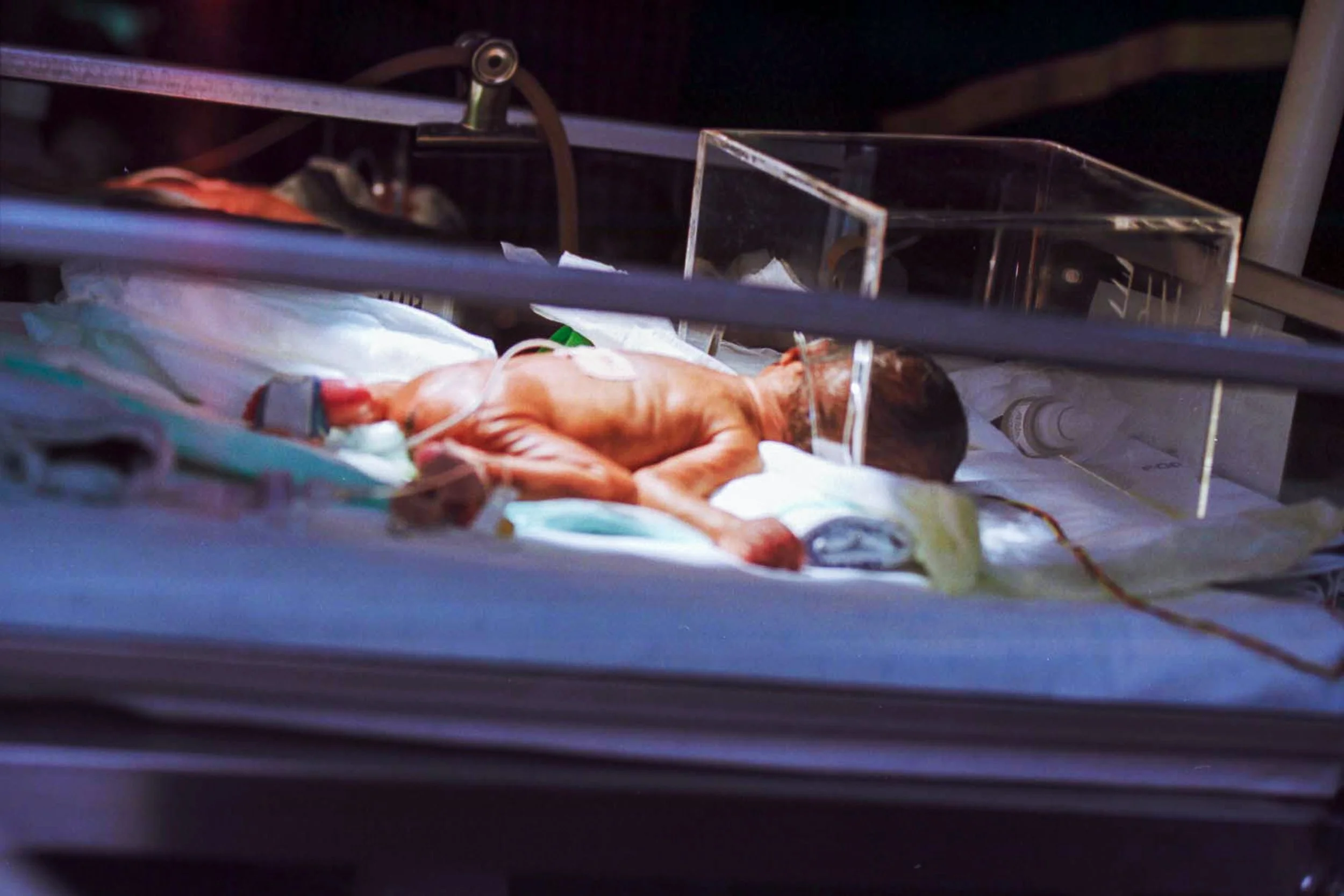5 things to know about the NICU
Have a baby (or babies) in the NICU? We’ve got you. Kathleen, owner of Boston Area Doulas, was born at 8 weeks premature with her twin sister. We hold a special place in our hearts for premie babies and their families. Here are 5 things to know about the NICU:
1. What to expect + ask.
Whether expected or a sudden change, the NICU can be overwhelming. It’s often dark and quiet (except maybe for beeping), with machines, clear plastic incubators, and many babies attached to specialized equipment. Ask about your baby’s health, what each machine does, how you can hold them, have skin-to-skin, and participate in their care. Is there a place for you to nap or sleep? Where and when do you wash your hands?
2. Your large and diverse medical support team.
Your baby’s NICU medical team will include neonatologists (specialized pediatricians), resident physicians, nurse practitioners, registered nurses, therapists, and sometimes more. Advocate to be included in their conversations to ask questions, weigh-in, and decide on next steps — your role is essential!
3. Pack yourself a bag.
Only dry snacks and closed liquids are allowed in NICU, but you can still store other food in a designated area for families. A notebook is great for jotting answers to questions, processing feelings and more. A pillow, pads, lotion, pain meds — you have to take care of yourself, too, so pack whatever you need.
4. Bonding and feeding.
Your baby might be fed your milk, donor milk, formula, or a combination, by breast/chest, bottle, or feeding tube. You can ask for support from a lactation consultant whether breast/chestfeeding, pumping and/or bottle feeding. Bond as much as you can, however you can with your baby. Touching, talking to, and holding your little one can be a very real part of improving their health.
5. When baby (or babies) stays longer than you.
NICU babies stay until they’re functioning like any other baby who goes home from the hospital. If an option, you can ask about lodging nearby for NICU parents. If not, set a visiting schedule, rally your support team, and go home focused on taking care of yourself between trips back.
Disclaimer: Doulas are not medical personnel and do not diagnose, perform any medical exams or clinical tasks. Information presented above is not intended as a substitute for the medical advice of a properly licensed health care professional.
For more help navigating the seismic shift into parenthood, reach out to the Boston Area Doulas team.
www.bostonareadoulas.com

